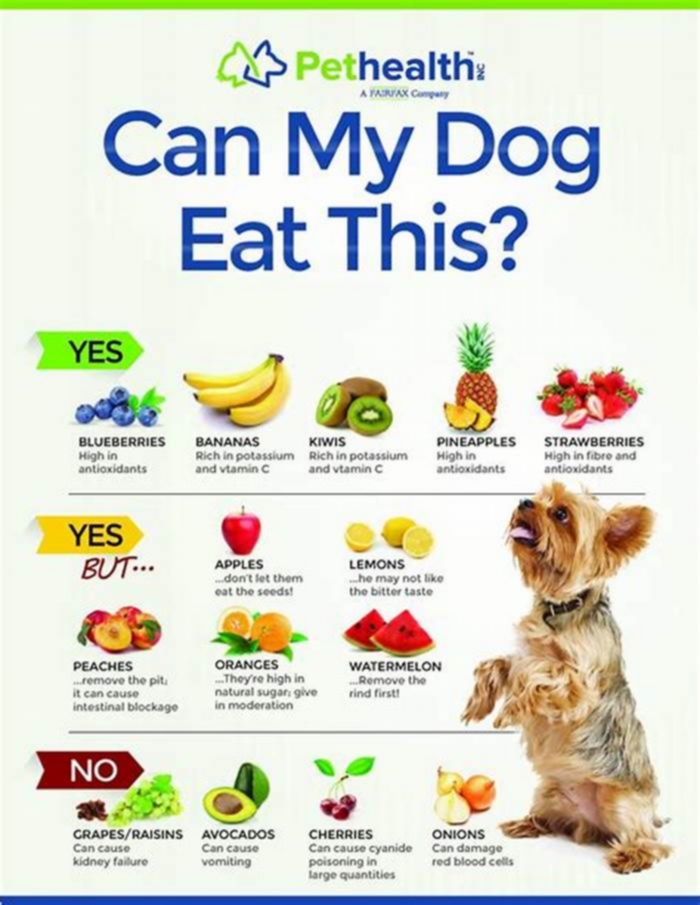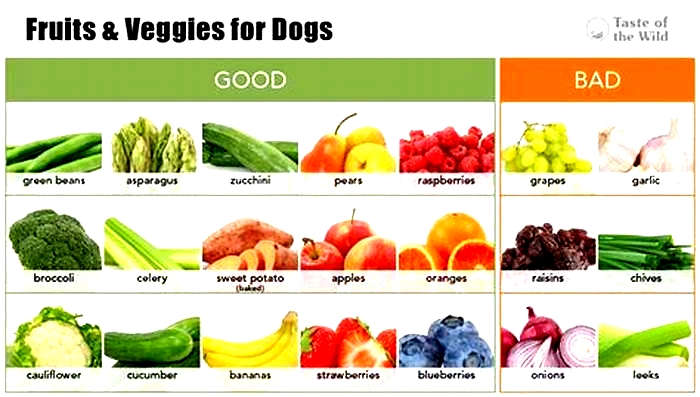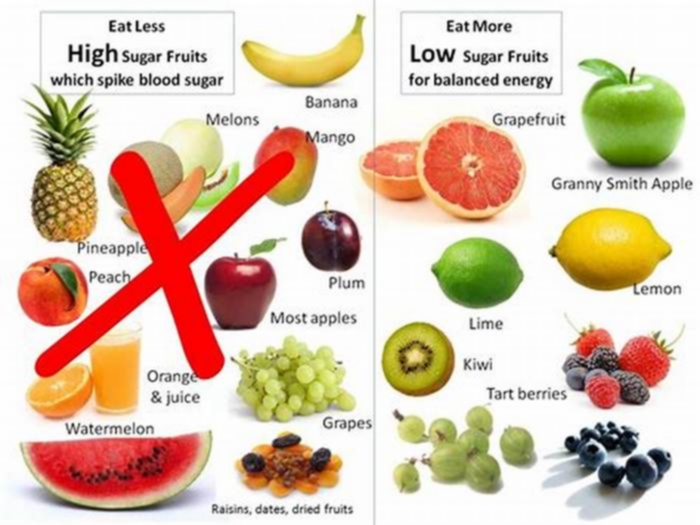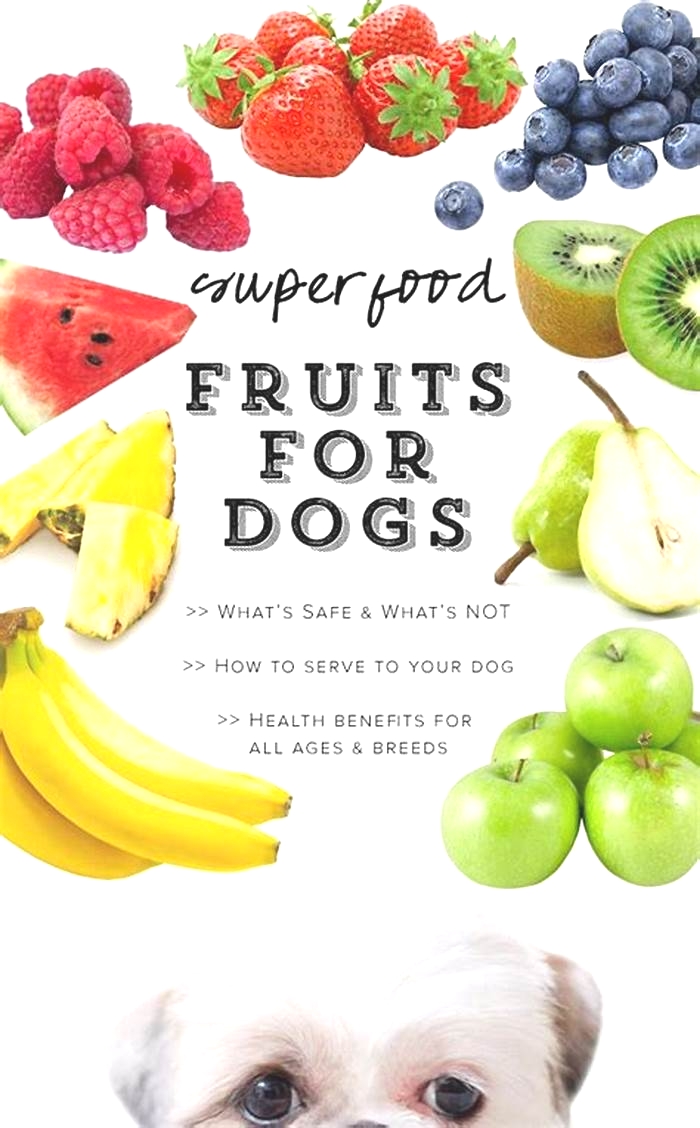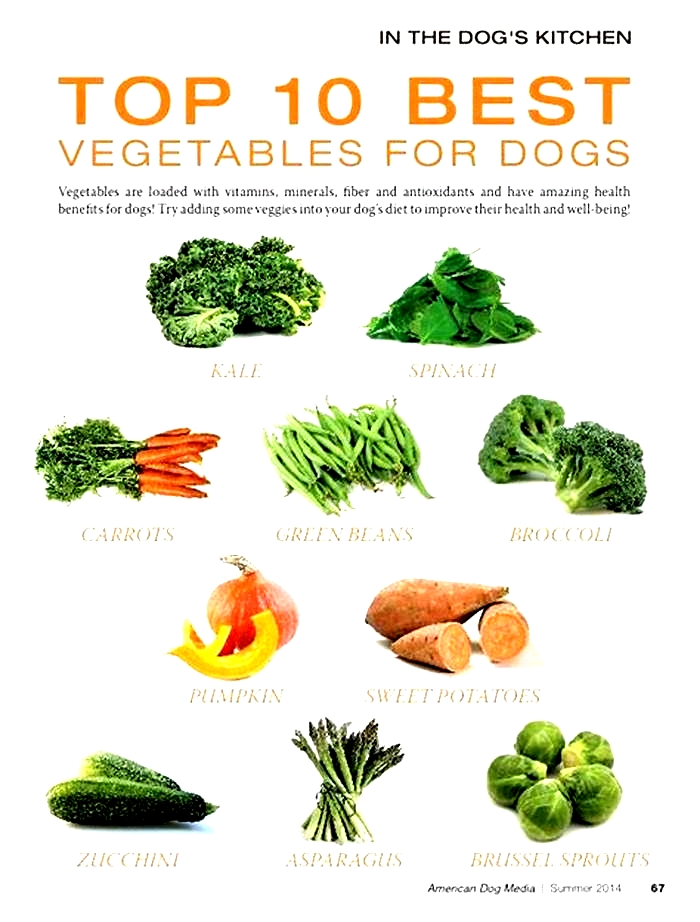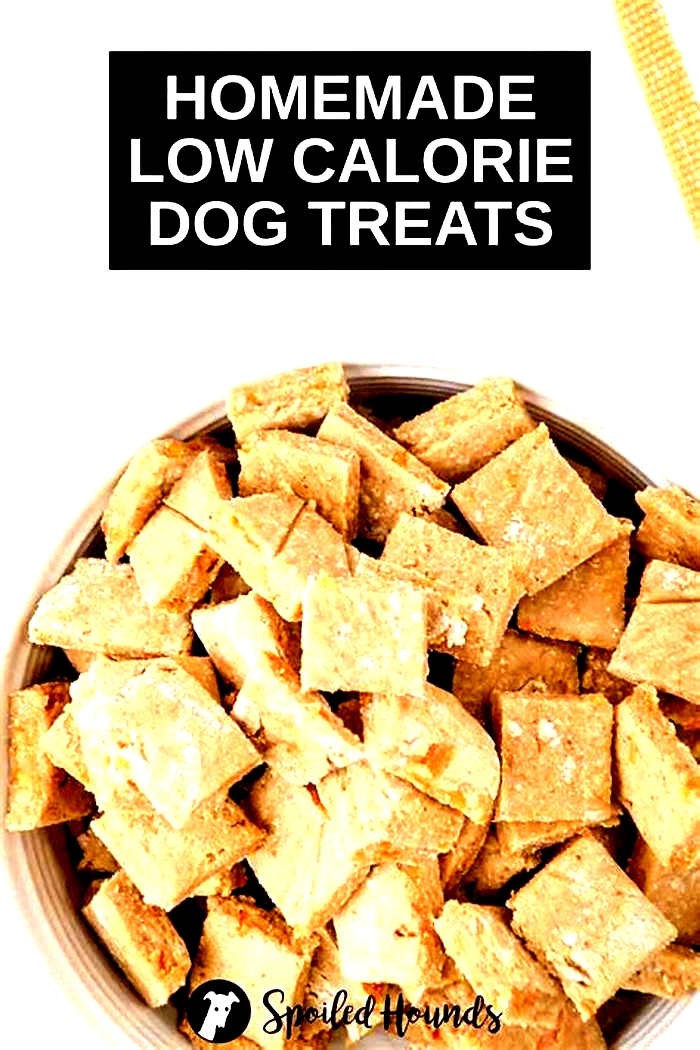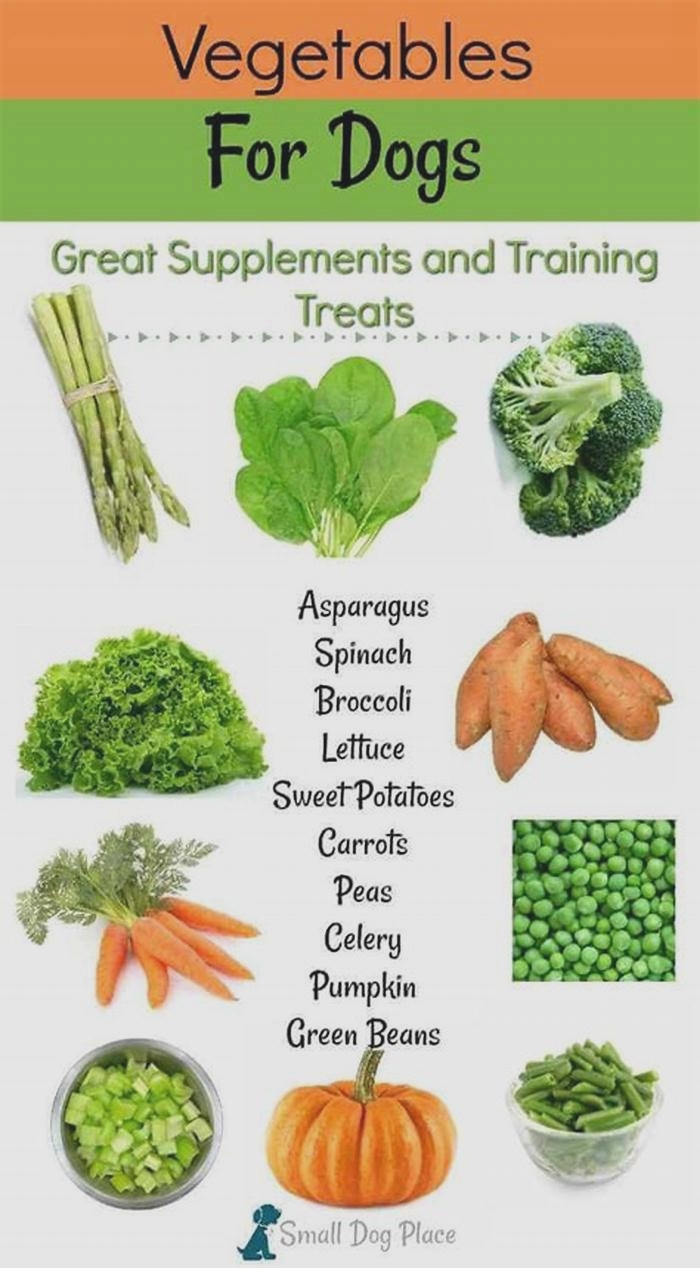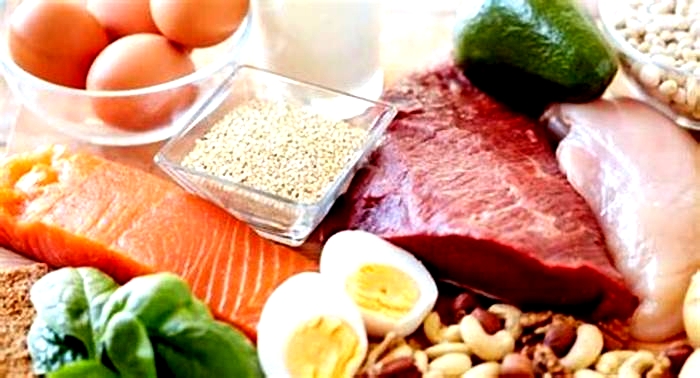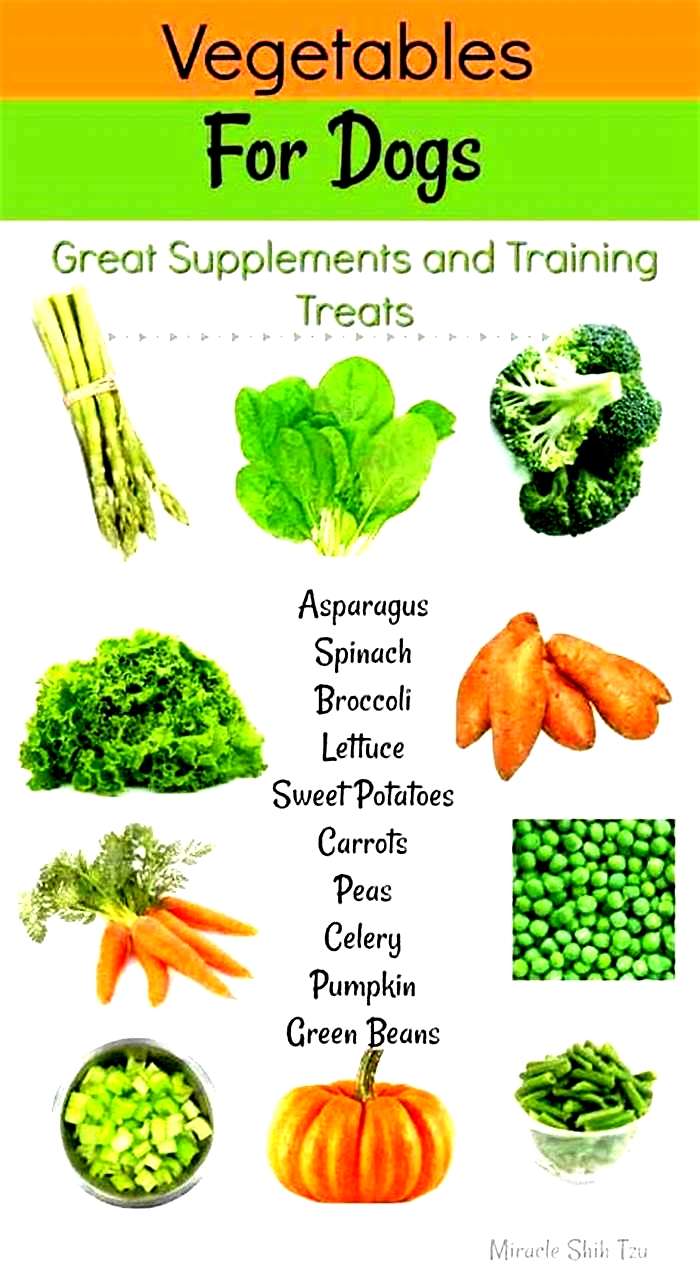10 best fruits and vegetables for dogs
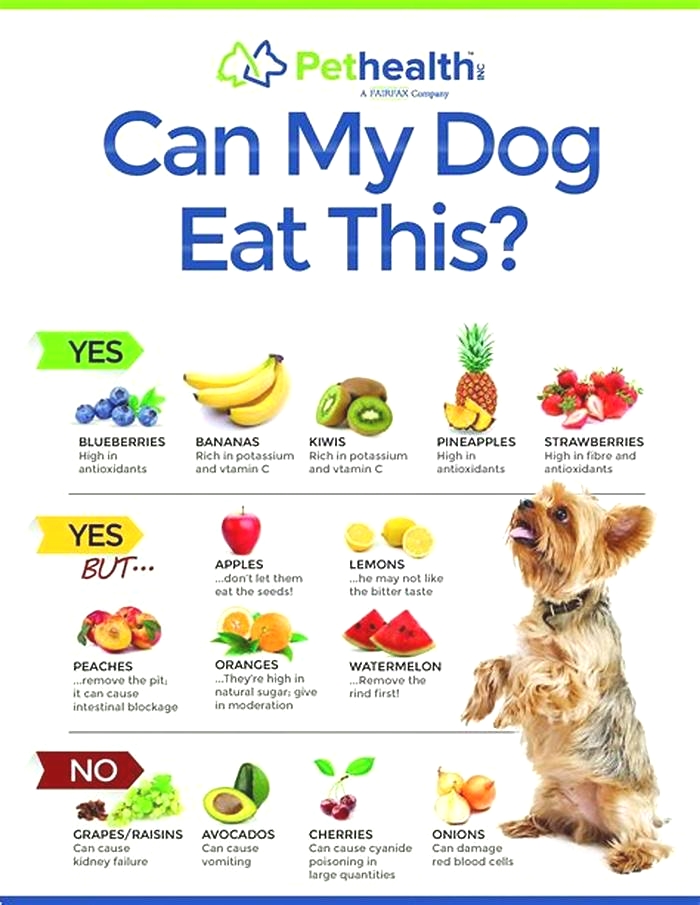
What Vegetables Can Dogs Eat?
Broccoli
Broccoliis full of fiber, but be aware that it can cause flatulence. This vegetable also has antioxidants, digestible plant protein, and vitamins and minerals such as vitamins C and K, potassium, folic acid, magnesium, sodium, and chromium.
Celery
Celery has a high water content, and its high in fiber and low in calories. It contains vitamins A, B, C, and K, plus folate, potassium, and manganese. However, celery must be de-stringed before you give it to your dog.
Green Beans
Green beanscontain vitamins A, B6, C, and K, along with protein, iron, calcium, and fiber. They are low in calories but help your dog feel full, and (bonus!) most dogs like this veggies natural sweetness. Just make sure the green beans are unsalted, as salt can harm your pup.
Cauliflower
Cauliflower is high in fiber that, while safe for your pup, can cause your dog to be extra gassy. It also contains vitamins C and K, calcium, potassium, and folate. Cauliflower is low in calories and makes for a healthy, dog-safe treat.
Lettuce
Lettuce is a dog-friendly vegetable thats low in calories, full of fiber, and 90% waterso its great for hydration. Romaine, arugula, and iceberg lettuce are all fine for your dog, but spinach and kale can be harmful in large amounts.
Carrots
Carrotsare a great choice for a healthy dog treat, but they must be given in moderation because they are high in sugar. Carrots are high in fiber and low in calories, and they contain beta-carotene, which produces vitamin A. They are also fun for dogs to crunch, and most dogs will love them because of their natural sweetness.
Bell Peppers
Any color of bell pepper is safe and healthy for your dog. Bell peppers are filled with vitamins A, B6, and E, lutein, and antioxidants like vitamin C and beta-carotene. They can help promote skin, coat, and eye health for your dog.
Zucchini
Plain raw, steamed, or cooked zucchini is safe for dogs to eat in small pieces. Zucchini is low in calories, fat, and cholesterol. Its full of fiber, antioxidants, minerals, and vitamins A, C, B6, and K.
Brussels Sprouts
Brussels sprouts are full of fiber, antioxidants, and vitamins A, B1, B6, C, and K. But beware that too many can cause flatulence and other stomach issues, like an upset stomach or diarrhea.
Cabbage
Cabbage is full of antioxidants and fiber, which helps your dogs digestive system. It also contains folate, protein, potassium, calcium, manganese, magnesium, iron, riboflavin, and vitamins A, B6, C, and K. However, cabbage can also cause increased flatulence.
Spinach
Spinach is safe for healthy dogs in small amounts. However, this leafy green contains oxalates, which can lead to kidney stones and bladder stones in susceptible dogs if eaten in large quantities. It also has isothiocyanates, which can cause severe gastric irritation in large amounts.
Mushrooms
Regular white mushrooms from the grocery storewhen completely plain and washedare safe for dogs. Do not give your dog mushrooms that are cooked with seasonings and other ingredients that are unhealthy or even toxic to dogs, such as garlic or onions. Dogs should also never eat any mushroom that you dont buy from the store.
What Vegetables Are Bad for Dogs?
The following vegetables are toxic to dogs. If your dog does eat them or a food in which they are ingredientsespecially a large amountcontact your veterinarian immediately.
Onions
Onions, leeks,garlic, and chives are all part of the Allium plant family and are toxic to dogs and cats alike. Eating onions can cause vomiting, diarrhea, stomach pain, and nausea. It can also make your dogs red blood cells rupture. If your dog eats any onions, contact your veterinarian right away.
Wild Mushrooms
Any wild mushroom should always be avoided. There are at least 50,000 different species of mushrooms in the world, and around 100 of them are poisonous to dogs. Be careful to check your backyard for mushrooms if your dog tends to forage. If you stumble across some wild mushrooms, keep your dog far away from them.
10 Best Fruits and Vegetables for Dogs
Home / BeWell / Health & Nutrition / 10 Best Fruits and Vegetables for Dogs
Fruits and vegetables for dogs can rev up important nutrients in their diet. Plus they make a tasty dog treat! Of course, certain fruits and vegetables will be better for your dog than others. Take a look at the ten best, and consider adding them to your dogs meal routine.
Best Fruits for Dogs
Here are some tasty and healthy fruits for dogs that are safe to feed to pups in small quantities. Always consult your veterinarin before adding a new treat to your dog's diet.
1
Cantaloupe
Believe it or not, the same fruit salad staple that humans have come to know and love is just as good for dogs.
Cantaloupe for dogs will help with your canines eyesight. Plus cantaloupes are loaded vitamin A and lots of beta carotene, which helps reduce the risk of cancer and prevents cell damage. Its also a good source of vitamins B-6 and C, fiber, folate, niacin and potassium. Just avoid feeding your dog the rind of the cantaloupe, as it can cause intestinal damage.
iStock.com/Olga Nikiforova
2
Apples
Besides the fact that its super fun to watch a dog eat an apple, the powerful antioxidants and loads of vitamin C will do wonders for your dogs diet, as well. Make sure to remove all seeds from an apple before giving it to your dog. Apple seeds contain cyanide, and eating them over time can be hazardous. Treats made with real apple, likeNutro Crunchy dog treats, give your dog the apple flavor without any of the mess.
3
Blueberries
Blueberries for dogs have high levels of resveratrol with anti-cancer and heart disease fighting qualities. They make a great option for your dogs diet. As an added bonus, the tannins found in blueberries also help prevent urinary tract infections.Blue Buffalo Blue Bits dog treatsare the perfect training tool, packed with antioxidants from blueberries and DHA to support cognitive development in young dogs.
4
Watermelon
If its lycopene that youre looking to add to your dogs diet, watermelon is your best source. The health benefits dont stop there, though. Give your pooch a piece of this delicious summer treat and youll be loading him with up with tons of healthy vitamin A, B-6 and C, as well as thiamin.
The seeds and rinds of watermelon should also be avoided, as they are too difficult for dogs to digest and can cause damage.
Best Vegetables for Dogs
Check out our list of vegetables for dogs that can add a boost of nutrition to their diet. Be sure to check with a veterinarian before giving your pet a new treat.
1
Pumpkin
Pumpkin for dogs loads them up on fiber, vitamin A and anti-oxidants. There are plenty of pumpkin dog supplements, likeNummy Tum-Tum organic supplement. This unique ingredient can help alleviate diarrhea and constipation. And it has been known to promote his overall cardiovascular health.
2
Green Beans
Getting your dog to eat his green beans will probably be easier than getting your kids to do the same. Green beans are good for dogs because of their omega-3 fatty acids and vitamins A, C, and K. Theyre also a good source of calcium, copper, fiber, folic acid, iron, niacin, manganese, potassium, riboflavin and thiamin, as well as beta carotene which is why many dog foods, includingSolid Gold Fit & Fabulous Chicken dog food, are made with green beans. Essentially, theyre the superpower of vegetables for your pooch.
3
Spinach
We certainly understand the value of spinach in our own diets, but luckily this green, leafy vegetable can be just as powerful for your dog. Although its high in iron (with almost twice as much of it as most other sources), spinach is a particularly good option for your dog since it helps fend off inflammatory and cardiovascular issues, along with cancer.Dog dental chewsthat contain spinach, likeZukes Z-Bone dental dog treats, double the benefit!
4
Sweet Potatoes
A great source of vitamins E, A, B-6 and C, as well as calcium, iron, folate, potassium, copper, thiamine and iron, sweet potatoes for dogs are a wonderful (and super tasty!) addition. Many dog foods, like American Journey Salmon & Sweet Potato Recipe,contain sweet potatoes to deliver the benefits of a homemade meal for your dog without the tedious preparation.
5
Asparagus
When cut into bite size pieces, asparagus for dogs makes a healthy veggie option because of vitamin K, A, B1, B2, C and E, along with the folate, iron, copper, fiber, manganese and potassium thats found in them.Zukes SuperFood Blend dog treatsare made with antioxidant- and nutrient-rich ingredients, including asparagus, for a treat that tastes as good as it is for your dog.
iStock.com/PicturePartners
6
Brussels Sprouts
Maybe if your kid sees your dog eating her brussels sprouts, shell hop on board and eat them, too. And your dog should be eating brussels sprouts for their vitamins K and G, manganese, folate, fiber, potassium and vitamins A, B1 and B6.
See more fruits that safe for dogs:
10 Best Fruits and Vegetables for Dogs
Ensuring our furry companions receive a balanced diet is essential for their overall health and well-being. While meat is typically the primary component of a dogs diet, incorporating fruits and vegetables can provide a range of health benefits. In this guide, well explore the top 10 fruits and vegetables that are not only safe for dogs but also offer valuable nutrients to support their health.

10 Best Fruits and Vegetables for Dogs
The current trend of homemade dog food and incorporating fresh foods into a dogs diet is gaining popularity! While I strongly advocate for science-backed kibble from WSAVA-compliant brands as the primary source of nutrition, I also believe there is room to supplement thoughtfully with fresh, whole foods.
Ive included my 10 favorite fruits and vegetables for dogs below, as well as some fun tips for making them enriching for your pup.
Authors Note: Ive included some health benefits to each of the whole, fresh foods below. Please note, however, that these benefits are not a cure-all or magic pill! Always talk to your veterinarian.
1. Blueberries for Dogs
Blueberries are packed with antioxidants, vitamins, and fiber, making them an excellent choice for your dogs snack time. These small, juicy berries can be fed fresh or frozen, and many dogs enjoy them as a tasty treat. Blueberries support cognitive function, aid in digestion, and contribute to a healthy immune system.
Freeze-dried blueberries, like these from the Thousand Lakes food company make a convenient and mess-free snack option for dogs!
You can also give your dog frozen blueberries, straight from the bag. I like to use them for training treats and fun treat-catching photos!
2. Frozen Carrots Make Great Dog Chews
Crunchy and nutritious, carrots are a favorite among many dogs. They are low in calories and high in fiber, promoting dental health and aiding in digestion. Carrots are also rich in beta-carotene, which is converted into vitamin A, essential for vision and immune function.
Frozen carrot sticks or carrot chips make excellent chewy treats for dogs of all sizes. You can even dip them first in canned food to enhance their appeal.
3. DIY Apple Enrichment Toy for Dogs
Apples are a crunchy and hydrating snack for dogs, providing them with vitamins A and C, as well as fiber. Be sure to remove the seeds and core before feeding apples to your dog, as these parts can be a choking hazard. Apples support dental health, aid in digestion, and may even freshen breath.
Use a knife and cut the top off of an apple. Carefully core out the center of the apple, leaving as much of the apple flesh intact as possible. This will create an edible bowl that you can use to stuff with rehydrated kibble or canned food! Freeze this treat for long-lasting enrichment.

4. Make Spinach Cubes for your Dog
Spinach is a leafy green vegetable that is safe for dogs in moderation. It is rich in vitamins A, C, and K, as well as iron and folate. Incorporating spinach into your dogs diet can promote healthy bones, support the immune system, and contribute to overall vitality.
Frozen spinach cubes can be added to your pets kibble or homemade dog treats for a nutritional boost. Blend them up first (I love my NutraBullet for this) so that they are very digestible for your dog.
5. Pumpkin, a Versatile Dog Treat
Pumpkin is rich in fiber, aiding in digestion and promoting regular bowel movements. Pumpkin is also a good source of vitamins A and C, as well as beta-carotene, which supports eye health and immune function.
Canned pureed pumpkin (not pumpkin pie filling) can be mixed into your dogs food for added flavor and nutrients. You can even give your dog a whole fresh pie pumpkin (take the stem off) to roll around and play with; just make sure they dont eat too much in one sitting.
Pro tip: take it easy on the pumpkin! Too much can have the opposite effect on stool quality. Youve been warned!

6. Strawberries Dipped in Yogurt for Dogs
Strawberries are another fruit that dogs can enjoy in moderation. They are packed with vitamins, antioxidants, and fiber, promoting overall health and well-being. Strawberries can also serve a tiny roll as a natural teeth whitener.
Fresh strawberries can be sliced and served as a refreshing treat for your furry friend. Dip them in plain yogurt to make a sweet Valentines day or summer treat!
7. Green Beans for Weight Loss & Fiber
Green beans are a low-calorie, nutrient-rich vegetable that most dogs love. They are an excellent source of fiber, vitamins, and minerals, including vitamin K, which supports bone health. Green beans can also help dogs feel full without adding extra calories, making them a great option for weight management.
Freeze-dried green beans offer a crunchy texture and can be used as a healthy training treat.
8. Yes, Dogs Can Have Watermelon, too!
Watermelon is a hydrating and delicious fruit that many dogs enjoy. It is low in calories and contains vitamins A, B6, and C, as well as antioxidants like lycopene. Feeding your dog watermelon in moderation can help keep them hydrated and provide essential nutrients.
Fresh watermelon chunks make a refreshing summer treat for dogs; try freezing them for added enrichment (remove the rind, please).
9. Sweet Potato Dog Chews
Sweet potatoes are a nutritious root vegetable that dogs can benefit from. They are rich in vitamins A, C, and B6, as well as fiber and antioxidants. Sweet potatoes support digestive health, regulate blood sugar levels, and provide sustained energy.
Dehydrated sweet potato slices are a chewy and satisfying snack for dogs. My dogs go nuts for these Dr. Harveys Sweet Potato Chews!
10. Cranberries Treat for Dogs
Cranberries are known for their urinary tract health benefits in humans, and they can offer similar benefits for dogs. They contain antioxidants and have anti-inflammatory properties that support bladder and kidney health. Cranberries can also help prevent urinary tract infections in dogs.
Dried cranberries can be sprinkled over your dogs food for a tasty and nutritious addition. Never give your dog dried raisins or grapes!

How Many Fresh Fruits & Vegetables Can I Give My Dog?
The amount of fresh fruits and vegetables you can safely give to your dog depends on several factors, including their size, age, weight, and overall health.
As a general guideline, treats should make up no more than 10% of your dogs daily caloric intake, and even less if you have a still-growing puppy.
When introducing new fruits and vegetables into your dogs diet, start with small portions to gauge their reaction and watch for any signs of digestive upset. Too much fiber is not good for their tummies!
Its also important to remember that not all fruits and vegetables are safe for dogs. Some may be toxic or cause digestive issues, such as grapes and onions. Always research and consult with your veterinarian before offering any new foods to your dog.
Blend Those Veggies Up!
Blending vegetables before giving them to your dog can have several benefits:
- Improved Digestibility: Dogs have shorter digestive tracts compared to humans, which can make it difficult for them to break down plant matter efficiently. Blending vegetables into a smooth consistency can help predigest the fibers, making the nutrients more accessible and easier for your dog to absorb.
- Prevention of Choking Hazard: Some dogs may tend to gulp down large chunks of food, increasing the risk of choking. Blending vegetables into a puree eliminates the risk of choking on large pieces, ensuring safer consumption.
- Enhanced Palatability: Some dogs may be hesitant to eat whole vegetables due to texture or taste preferences. Blending vegetables into a smooth puree can help mask any undesirable textures or flavors, making them more appealing to your dog.
- Mixing with Other Ingredients: Blending vegetables allows you to easily mix them with other ingredients, such as meat or commercial dog food, creating a balanced and nutritious meal for your dog. This can be particularly beneficial if youre preparing homemade dog food recipes that require a combination of ingredients.
- Customization: Blending vegetables gives you the flexibility to customize the texture and consistency based on your dogs preferences and dietary needs. You can adjust the thickness of the puree to suit your dogs taste and make it easier for them to consume.

Do Vegetables Prevent Cancer in Dogs?
While there is no definitive evidence that vegetables alone can prevent cancer in all dogs, incorporating a variety of fruits and vegetables into your dogs diet as part of a balanced and nutritious meal may contribute to their overall health and potentially reduce the risk of certain types of cancer.
The effect may be minimal; tread cautiously with influencers who imply that lots of veggies are the key to preventing cancer in your dog!
Many fruits and vegetables are rich in antioxidants, vitamins, and phytonutrients, which have been shown to have protective effects against oxidative stress and inflammation, both of which are associated with cancer development.
For example, antioxidants such as vitamin C, vitamin E, and beta-carotene help neutralize free radicals in the body, which can damage cells and contribute to cancer formation.
Too much can have the opposite effect, though! When dogs receive too much Vitamin C, for example, the anti-oxidant properties become pro-oxidant. While the word pro implies something positive, in this case, its not good. Additionally, some vegetables, such as cruciferous vegetables like broccoli and kale, contain compounds called glucosinolates, which have been studied for their potential anticancer properties.
However, its essential to emphasize that while a diet rich in fruits and vegetables may offer health benefits, it should be part of a comprehensive approach to cancer prevention in dogs. Other factors, such as genetics, environmental exposures, and overall lifestyle, also play significant roles in cancer development.
Not only that, but if you are feeding a quality, balanced, WSAVA-Compliant dry diet such as Pro Plan, Hills Science Diet, or Royal Canin, your pup is receiving all of the nutrients they need.
If you substitute too much of an already balanced diet with fruits and vegetables, you could potentially cause preventable health issues in your pet resulting from nutritional deficiencies.
Consulting with your veterinarian about your dogs diet and overall health is crucial. They can provide personalized recommendations based on your dogs specific needs and help you create a balanced diet that supports their well-being and may reduce the risk of chronic diseases, including cancer. Additionally, regular veterinary check-ups and screenings can help detect any potential health issues early on, allowing for timely intervention and treatment.

Does Dog Kibble Contain Vegetables?
Yes, many commercial dog kibbles contain vegetables or fruits as an ingredient. These vegetables are often included to provide additional nutrients, fiber, and flavor to the dog food. Common vegetables found in dog kibble may include peas, carrots, sweet potatoes, spinach, and broccoli, among others.
However, often these ingredients are included in such low amounts that they provide minimal nutritional benefit, akin to fairy dust.
Dont fall prey to pet food marketing that wants you to believe a dry dog food has all of the benefits of fresh spinach, blueberries, and pomegranates.
You are much better off choosing a veterinary-recommended brand and adding fresh vegetables to your pets diet as a form of enrichment.
Conclusion:Adding fruits and vegetables to your dogs diet can provide a range of health benefits, from supporting digestion to boosting the immune system. By incorporating a variety of fruits and vegetables in moderation and consulting with your veterinarian, you can ensure that your furry friend enjoys a balanced and nutritious diet that promotes overall health and vitality.

